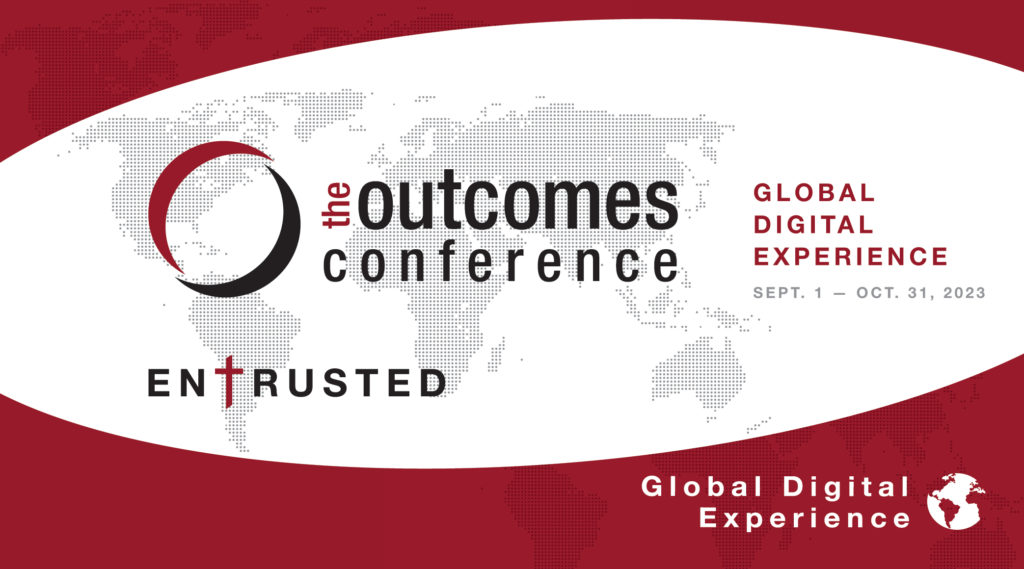
Using Power Poorly By Alec Hill

By Underutilizing Their Power, Passive Leaders Cause Serious Harm
Much ink has been spilled on leaders who abuse their positional power. Subordinates are bullied, shady dealings abound, and egos run rampant.
But there is another misuse of power that can be just as lethal. Though less notorious, passive leaders also cause real damage. When acting in a cowardly manner – such as sidestepping difficult personnel or budgetary issues – their ministries take a body blow.
Recently, I reread two classic books that address this subject, Playing God: Redeeming the Gift of Power by Andy Crouch and A Failure of Nerve by Edwin Friedman. Several lessons emerged.
Power is a Gift from God
Far too often, power is viewed as something nefarious. But carefully reading the first two chapters of Genesis paints a different picture. It was God’s idea to delegate authority to Adam and Eve to promote the common good.
As leaders, we must provide vision, energy, and resources to accomplish divine purposes here on Earth. And, while human power has undoubtedly been corrupted by sin (Genesis 3), it remains a divine grace. Rather than being the antithesis of service, properly used power is how service is made effective.
Power Requires Space Between Leaders and Followers
During my long bout with cancer, my oncologist would wear his white coat whenever he had bad news to deliver. I think he “took on” power when speaking with authority and clarity was necessary. When the coat came off, he was more friendly and at ease.
Like my good doctor, leaders need to create a degree of separation from their staff. Otherwise, how can we make difficult and unpopular decisions?
This is why every leader experiences a sense of isolation at times. Years ago, after being promoted from a faculty position to the dean, I grudgingly (and slowly) learned to accept that I was no longer seen as a peer but as “a suit.” The loss of camaraderie was real and painful.
Abdicating Power is Tempting
In my first management job, the organization’s CFO repeatedly said: “change causes problems.” Surveys back him up – 62% of workers are temperamentally resistant to change. This creates a strong headwind for leaders to overcome. Sometimes it is simply easier to be passive than to make controversial choices.
Looking back on my career, I confess to opting for safety over risk on several occasions. By doing so, I sidestepped resistance and (temporarily) avoided conflict. But I did not lead.
Failure to Exert Power Can Lead to Disaster
When we refuse to exercise power, a vacuum is created, and bad things happen. The desire to be inoffensive comes with a high price tag.
Think of Neville Chamberlain, England’s prime minister who appeased Adolf Hitler in 1938. While winning short-term peace (by turning a blind eye to Fuhrer’s invasion of Czechoslovakia), he paid a much greater long-term price (World War II).
Likewise, when ministry leaders fail to make hard decisions at the right time, organizational wheels start to come off. Boards allow poorly performing executive directors to continue. Misbehaving VPs get away with emotional outbursts. Managers create their own fiefdoms.
Edmund Burke, an 18th-century philosopher, and politician, famously described this flaw: “The only thing necessary for evil to triumph in the world is that good men do nothing.”
Leadership Requires Courage
As leaders, we must step up, take the hit, and move our communities forward. Called by God to serve as change agents, we must accept resistance as part and parcel of our roles. We won’t be liked – or even respected – by everyone. We will feel lonely and experience rejection.
But the alternative – abdication of power and its attendant consequences – is much worse. Passive leadership is not leadership at all. Instead, it is the denial of stewardship responsibilities.
####
Alec Hill is President Emeritus of InterVarsity Christian Fellowship USA and author of Just Business: Christian Ethics in the Marketplace.

September 1 – October 31, 2023
Convene with Christian nonprofit leaders worldwide.
Engage in live and recorded learning experiences
Strengthen your mission-critical competencies.
Increase your leadership capacity.
Expand your Kingdom impact!
JOIN US!

What is Christian Leadership Alliance?
Christian Leadership Alliance equips and unites leaders to transform the world for Christ. We are the leaders of Christ-centered organizations who are dedicated to faithful stewardship for greater kingdom impact.
Sign up for FREE blog updates.
Upcoming Events
Check back later!


